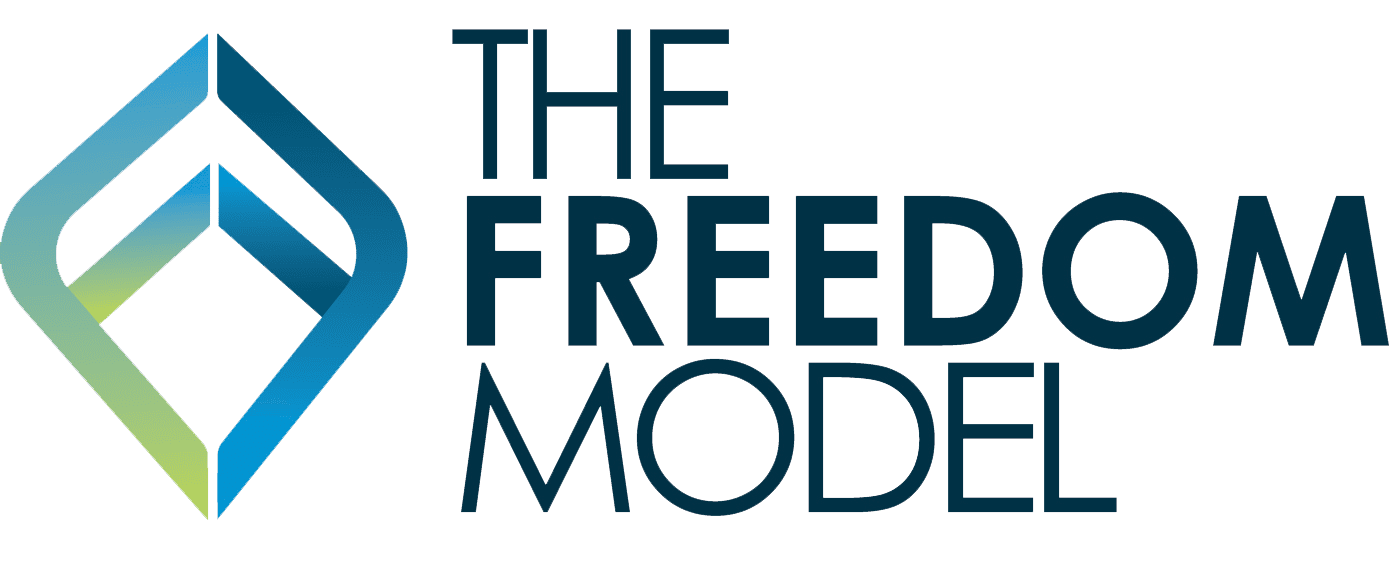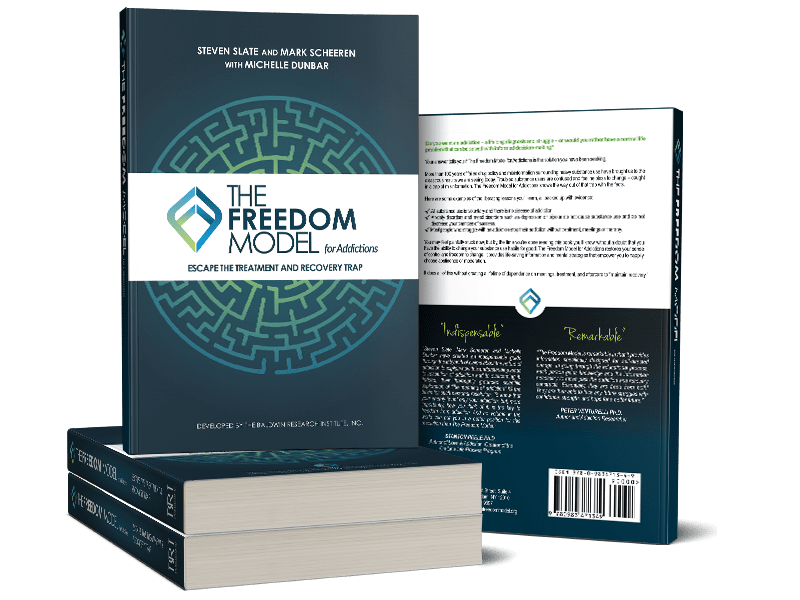You Asked, We Answered
Addiction Questions
Meth has cost me everything. I’m sick of it and need to change but don’t know how to get away from all the chaos. Will the freedom model help me?
Yes, absolutely. The process of changing a habit begins in how you see benefits of options that are in your sphere of influence. Most habitual drug users focus on costs, consequences, and the misery that their habits have wrought on their lives. This approach only makes the drug and the high look more appetizing in comparison and is the main reason you are returning to using so often and consistently. The first step to changing this pattern is to work on seeking out the benefits of both the meth high (because you obviously see benefits in it or you would not be doing it) and then the benefits of other options, and make a comparison of these competing options. We call this the benefits to benefits analysis. This analysis puts the natural tendency to seek benefits to work in your decision making, while the costs to benefits analysis you have been implementing has kept you cycling back into habitual use. Costs and consequences only drive us for short spans of time, while benefits motivate us to move past older, and more worn-out options like meth use. See the excerpt from The Freedom Model for Addictions below for more insight into this option analysis process:
“The dominance of benefits in decision making should be clear by now. Motivation comes from perceived benefits. Nevertheless, those who struggle with problematic substance use tend to focus primarily on costs to motivate them to change. What’s more, they don’t consider the benefits of alternatives. Whether you realize it, this has likely been what you have been doing as you’ve tried to change. Really think about it. Has this strategy ever worked for you in a lasting way? If not, then a new way of thinking is in order—a focus on the benefits of multiple option. Please understand, we’re not saying that costs don’t matter or that they don’t figure into the decision to change. However, they’re not the prime motivator, so it’s time that you shift your attention toward the benefits of your options.
Try to remember, staring at the costs of use will almost always make the high you get from a substance look more appealing, not less appealing. The Positive Drive Principle or PDP works on relative happiness values, not on costs. If a high from cocaine is fun to you, staring at a foreclosure notice that has been served to you because of your pricey habit is not going to make getting high on cocaine less appealing. It might for a moment—and then you will find yourself going to get coke again. This time the high you will get from the cocaine, when compared to the feelings associated with looking at the foreclosure notice, is a much better option. And it isn’t even a close race; cocaine will always win until you develop a new option that you prefer. So again, costs are very temporary motivators, and without a new option to compare to the cocaine high, the old standby of cocaine will remain your go-to option. Knowing this and knowing the temporary effect costs have on decision making, doesn’t it make more sense to shift your gaze to new and more beneficial options so you have different options from which to choose?”


0 Comments